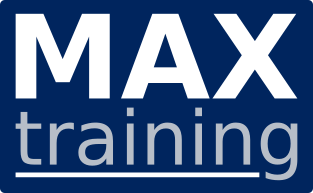IBM Planning Analytics: Design and Develop Models in Planning Analytics Workspace (V2.0.x) SPVC
Code: P8362G-SPVCOverview
This course is designed to teach modelers how to build a complete model in IBM Planning Analytics using Planning Analytics Workspace. Through a series of lectures and hands-on exercises, students will learn how to set up dimensions and cubes, manually enter data into these structures, and define the data that users can see. Students will also learn how to transfer data into the IBM Planning Analytics model, including the use of TurboIntegrator scripts to perform data transfer. In addition, the course outlines how to customize drill paths, convert currencies, and model for different fiscal requirements.
Audience
Data Modelers
Prerequisites
- Knowledge of your business requirements
- IBM Planning Analytics: Analyze Data and Create Reports (V2.0.x)
Objective
Overview of IBM Planning Analytics
• Modeling in IBM Planning Analytics: overview
• IBM Planning Analytics: data tier
• In-memory data storage
• Calculating versus caching data
• Important files in TM1
Create dimensions
• What is a dimension?
• What are weights?
• Time dimensions
• Member attributes
• Hierarchies
Load and maintain data
• What is TurboIntegrator?
• Defining data sources and process parameters in TurboIntegrator
• Validate and run processes
• TurboIntegrator chores
Add business rules
• What are rules?
• How do you create a rule?
• Review rule processing
• Use a rule to override aggregation
• Use a function in a rule
Optimize rule performance
• Understanding consolidations and sparsity
• Optimize your rules using SKIPCHECK
• Describe a feeder statement
• Using feeder statements
• Inter-cube feeders
• Feeding string rules
Transfer data into your model
• Link cubes with different dimensions
• Review TurboIntegrator
• Dealing with data
• Use IBM Planning Analytics as a data source
• Tips for scripting in TurboIntegrator
Customize drill paths
• View related data
• Create a drill path
Use rules for advanced modeling
• Describe a virtual cube
• Utilize a lookup cube
• Use attributes in rules
Convert currencies
• Converting currency: overview
• Review control cubes
Model for different fiscal requirements
• Understanding time
• Discrete time dimensions
• Continuous time dimensions
• Develop a continuous time model
Course Outline
Price (ex. VAT)
Duration
Schedule
Please send us a message with the form below
Delivery methods
- Classroom
- On-site (at your location)
- Virtual (instructor online)
